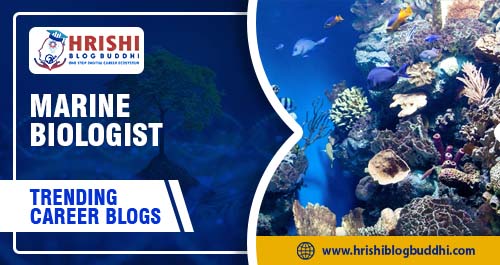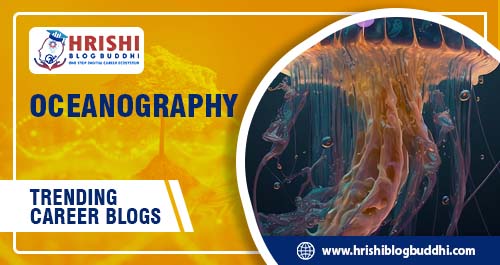Job name | Job description |
Marine Biologist | They study and investigate a variety of marine animals, plants, microscopic invertebrates, corals, and other microbes that live in the ocean. To contribute to Marine Science, they research their habits, life cycles, and other crucial factors. |
Marine Illustrator | They create visual representations of marine science and biology for a variety of reasons. They must draw and create charts, diagrams, and illustrations of various marine animals, plants, creatures, and microorganisms. |
Fisheries Biologist | A Fisheries Biologist examines aquatic ecosystems to learn about population dynamics and their effects. Recognize different species of fish and other aquatic creatures. With the growth in market needs in the fisheries sector, this alternative is becoming more popular. |
Natural Resource Manager | Natural resource managers are responsible for the care and management of plants, lakes, soil, forests, and other natural resources. Natural resource managers might work for the government or in the private sector. |
Fishery Data Manager | A Fishery Data Manager is in charge of overseeing the activities of a fishery. A fisheries data manager’s tasks include monitoring fishing growth, preparing, maintaining equipment, and screening cultivation sites. |
AquaCulturist | The growing of fish and seaweed is referred to as aquaculture. Aquaculture, another burgeoning field for marine biologists, is gaining traction throughout the world as consumer demand for fish grows faster than traditional commercial fishing can meet. |
Biological Technician | A Biological Technician is responsible for the setup, upkeep, and cleaning of laboratory instruments and equipment. They collect and prepare biological samples for laboratory examination, such as blood, food, and bacteria cultures. |
Research Biologist | They research maritime science and biology, including marine creatures, plants, and microorganisms, among other things. They must gather samples from a variety of sources, run numerous tests on them, and write a credible report. |
Professor | Professors of Marine Biology are individuals who are recruited by colleges and universities to teach Marine Biology to their pupils. They are usually required to teach Marine Biology at the postgraduate and doctoral levels. |
Environmental Consultant | Marine biologists can work as environmental consultants and advisers to assist create environmental protection measures, legislation, and regulations. |








